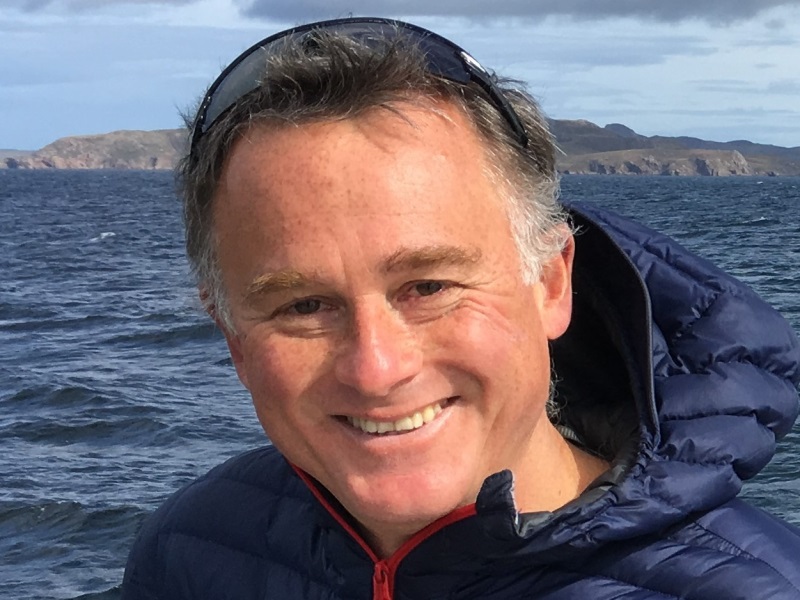There are challenges and opportunities for all students, but what are some of the difficulties and potential gains faced by mature students?
Michael Marshall started studying after a 30 year career and raising a family. He has recently completed an MSc in Theoretical Physics and is currently undertaking a PhD in Theoretical Physics.
Why did you chose to study the MSc in Theoretical Physics?
I completed my undergraduate degree while working full time. Towards the end of my degree I realised that to embark on a new career in physics I would need a PhD, and the obvious first step was to undertake an MSc. My undergraduate tutors recommended the University of Edinburgh’s Higgs Centre as one of the best places to study theoretical physics.
Tell us about your experience studying the MSc
The course took my knowledge of particle physics theory from introductory quantum mechanics to a working knowledge of field theory and the standard model. The satisfaction in having completed the masters is commensurate with the challenges presented by the course work and the sheer difficulty of covering such a large volume of material in such a short space of time.
My research project was computational in nature and complemented my newly acquired theoretical skills. I wrote 7500 lines of code, constructing Monte Carlo models of higher twist using deep inelastic scattering data. This was the perfect introduction to the practical business of research, teaching me about popular scientific libraries such as CERN ROOT, LHAPDF and APFEL, as well as the dark art of statistics and experimental covariance matrices.
Spending the summer carrying out topical research was the highlight of the degree. Working closely with such an experienced supervisor, who is a prominent member of a large collaboration at CERN, was inspiring and challenging. I was very grateful for his time, insights and valuable discussions. Being part of a large, dynamic theoretical physics department also meant that I had the practical support and encouragement of my supervisor’s endlessly patient PhD students.
Did you face any unexpected challenges, and what advice would you give to mature students who are considering embarking on a degree?
I would offer a couple of points of advice – you are going to need a holiday before your course starts, so do take one! You’ll have to cancel your social life for the duration of the degree (except perhaps for a couple of weeks off at Christmas) and you’ll be relying on your partner, so be especially nice to them.
Unless you are much better prepared than I was (and I thought I was well-prepared), I’d put aside a good four weeks for study before the course starts to make sure you are up to speed. Take a look at the course and subject outlines [check out the Degree Programme Tables http://www.drps.ed.ac.uk for these] and reach out to the course organiser for suggestions.
Very quickly after starting, I had the experience of struggling academically for the first time. My peers’ response was to get together and tackle study and tutorials as a group. However, I felt the age difference very keenly and foolishly expected that, because my class-mates were a good decade younger than my offspring, I should somehow be a better theoretical physicist than they were. So I ploughed on and studied largely alone. My advice is therefore to make sure you study with your classmates (this may very well be second nature to most). You’re going to need the collective wisdom of the group in order to understand the material. Few students will be fully prepared, so the mathematical techniques you’ll share will be invaluable. Most importantly, by discussing the material and the tutorial problems, you will absorb the material far more deeply than is possible on your own.
The MSc in Theoretical Physics was the second Masters I have completed – the first, in 2002 when I completed an MBA majoring in finance, was very much an extension of my career. Studying the MSc in Theoretical Physics at an even more mature age, and this time for self-actualisation rather than for money, was an entirely different, far more challenging and satisfying experience. As a result, I now have my dream career and I cannot overstate how much happier and fulfilled I am going to work each day as a theoretical physics PhD student than I was in my past career. If you are thinking of doing the same, I’d encourage you to start: “boldness has genius, power and magic in it”.



